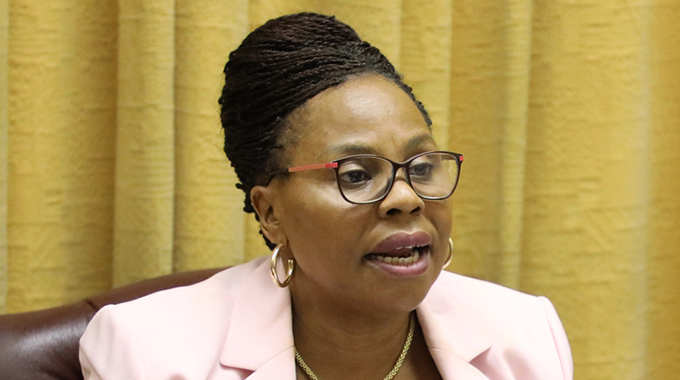Import duty triggers textiles row

Business Reporter
A FURORE is reportedly brewing between clothing and textile firms over new regulations on fabric import duty.
Under Statutory Instrument 163 of 2017, Government introduced punitive duty on imported fabrics to promote the local industry.
However, SI 163 ominously included an upward review of duty on polyester fabrics, which are not produced locally or anywhere in the region.
Industry sources say the move has created a thriving smuggling syndicate since duty, at 40 percent plus $2,50 per kg, which is now effectively between 80 and 90 percent of value against the previous one which was 10 percent.
The region charges an average of 15 percent.
But some players have been irked by reports that the Zimbabwe Revenue Authority (Zimra) is relying on an industry player, the Zimbabwe Textiles and Manufacturers Association (Zitma), for technical know-how on differentiating
fabric imports.
The consultation is specifically to differentiate fabrics that can benefit from rebate or pay 10 percent duty, from those that should be levied at 40 percent plus $2,50 per kg.
Fabric retailers and wholesalers, clothing manufacturers and small to medium enterprises who are all stakeholders in the sector but not necessarily Zitma members, feel left out.
They also allege targeted disenfranchisement as a result of Zimra’s consultation with the textile manufacturers.
Investigations show that cartels have been formed between big textile industry players, which are allegedly working with an official in the Ministry of Finance, to block any review of the tariff despite representations from the Ministry of Industry. The stakeholders say there is no need to protect what local industry is not producing.
Industry sources who spoke to The Herald Business on condition of anonymity said the situation could see them failing to provide fabrics for school uniforms particularly in January when demand would be high.
Fears are that thousands of workers in the sector could also be rendered jobless at a time when Government is working towards creating more jobs.
A number of companies are said to have so far lost fabric worthy thousands of dollars after importing goods they say must pay 10 percent only to be charged more after input from conflicted industry players.
“Parents might be forced to repeat uniforms in January because of unavailability that has been created by this challenge,” said an industry captain who declined to be named.
“Zimbabwe uses more than 50 colours but only less than 10 are readily available on the market as we speak and this could see a few that can afford going to buy from beyond our borders, which again, is restricted because admittedly, Zimbabwe has the capacity to make the same.
“We have made representations with the Ministry of Industry and they say they have been writing to their counterparts at the Ministry of Finance but a senior official there (name withheld) has been making sure that there won’t be any reprieve.”
Principal Director in the Ministry of Primary and Secondary Education, Jacob Gonese, told The Herald Business yesterday that they have taken note of the complaint from the industry.
But Mr Gonese said it was easier to address the problem if players in the sector approached Government systematically and through associations. He said the ministry is keen to find ways that make it easier and convenient for parents and guardians to access uniforms at lower costs.
“The way this is being described, it is obviously a very worrying issue,” said Mr Gonese.
“But the best way, I think would be for the concerned industry to consolidate their issues in writing and I am sure we will see to it that it gets to the requisite decision-makers and Government will find a solution to it. As a ministry we would not want anything that brings any strain on the pupil or parents and guardians,” he said.










Comments